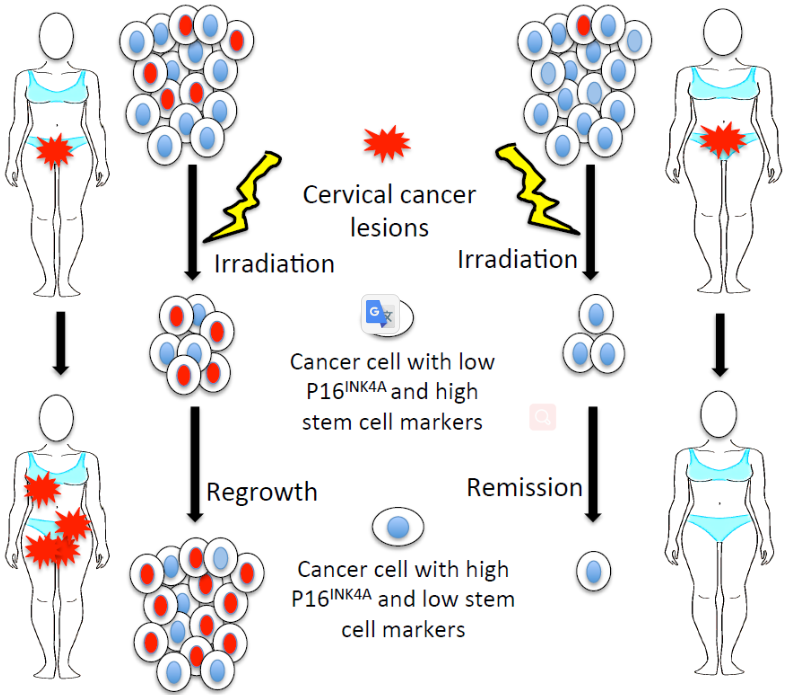Creative Biolabs is the undisputed leader to provide in vitro diagnostics (IVD) antibody discovery services for our clients all over the world. Based on extensive experience and hard work, now we can provide the service of IVD antibody development against p16INK4a marker. For your specific requirement, our service can be tailor-designed to meet your specific needs.
p16INK4a
p16INK4a (also known as multiple tumor suppressor 1, cyclin-dependent kinase inhibitor 2A, and p16) is a tumor suppressor protein encoded by the CDKN2A gene which located on chromosome 9 in humans. As a cyclin-dependent kinase (CDK) inhibitor, p16INK4a slows down the cell cycle by prohibiting progression from G1 phase to S phase. Normally, the binding of CDK4/6 to cyclin D enables the formation of an active protein complex that phosphorylates retinoblastoma protein (pRB). After phosphorylation, E2F1 will be separated from RBS and enter the nucleus to promote the transcription of target genes which are essential for the transition from G1 phase to S phase. P16INK4a functions as a tumor suppressor by binding to CDK4/6 and preventing it from interacting with cyclin D thus inhibits the downstream activities of E2F1, resulting in inhibition of cell proliferation.
 Fig.1 Schematic presentation of p16INK4a regulation.1
Fig.1 Schematic presentation of p16INK4a regulation.1
p16INK4a Marker of Ovarian Cancer
Epithelial ovarian cancer is the leading cause of death from gynecologic malignancy and can be diagnosed at an advanced stage. p16INK4a presents great potential to be served as the biomarker for the diagnosis of ovarian cancer. Depend on the tumor type, the deletions and mutations of p16INK4a can be detected in some neoplasms. Some studies have shown that high expression of p16INK4a can be associated with progression and poor prognosis of ovarian cancer. However, in stromal cells, its high expression is a predictor of longer survival. What’s more, ovarian cancer cells expressing p16INK4a show considerable heterogeneity in the proportion of positive cells and there are no p16INK4a can be detected in most benign epithelial ovarian tumors cells. In summary, high expression of p16INK4a would be a good biomarker for the diagnosis of ovarian cancer.
 Fig.2 Low P16INK4A expression is related to increased expression of cancer stem cell markers, predicting a poor prognosis in cervical cancer.2
Fig.2 Low P16INK4A expression is related to increased expression of cancer stem cell markers, predicting a poor prognosis in cervical cancer.2
p16INK4a Marker Antibody
In the case of poor prognosis of ovarian cancer, IVD antibody might be an important tool for its diagnosis and therapy. Creative Biolabs has built the advanced platform for the IVD antibody discovery against p16INK4a for ovarian cancer.
Creative Biolabs offers academic and industrial research in the field of IVD antibody development. Based on our world-leading technology platforms and professional scientific staff, we are able to provide various IVD development services against nearly all the markers and diseases. We are capable of meeting the specific need of each customer with the best project design. If you are interested in our services, please do not hesitate to contact us for more details.
References
For Research Use Only.
